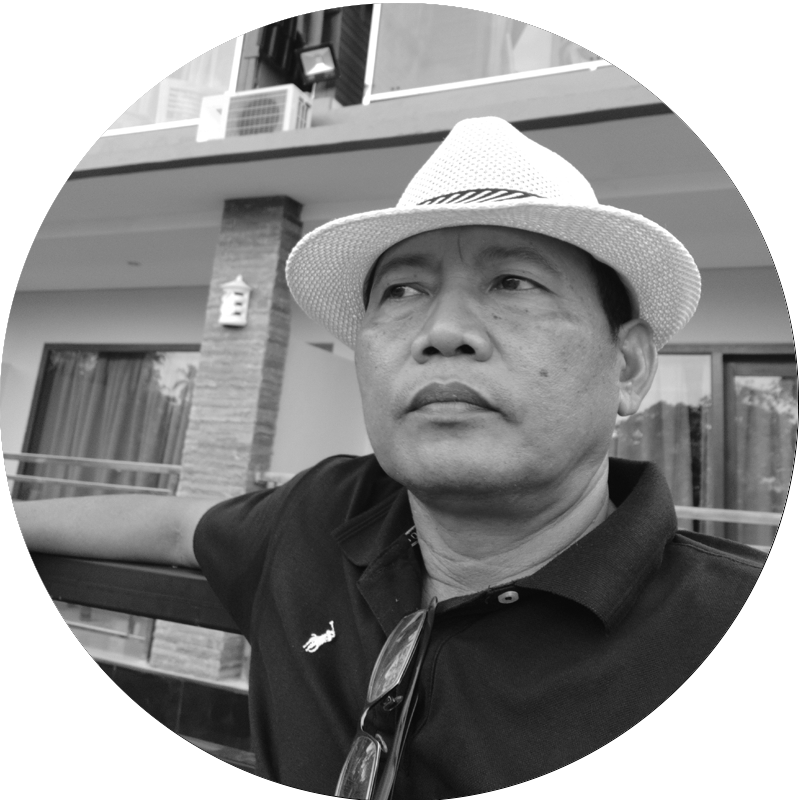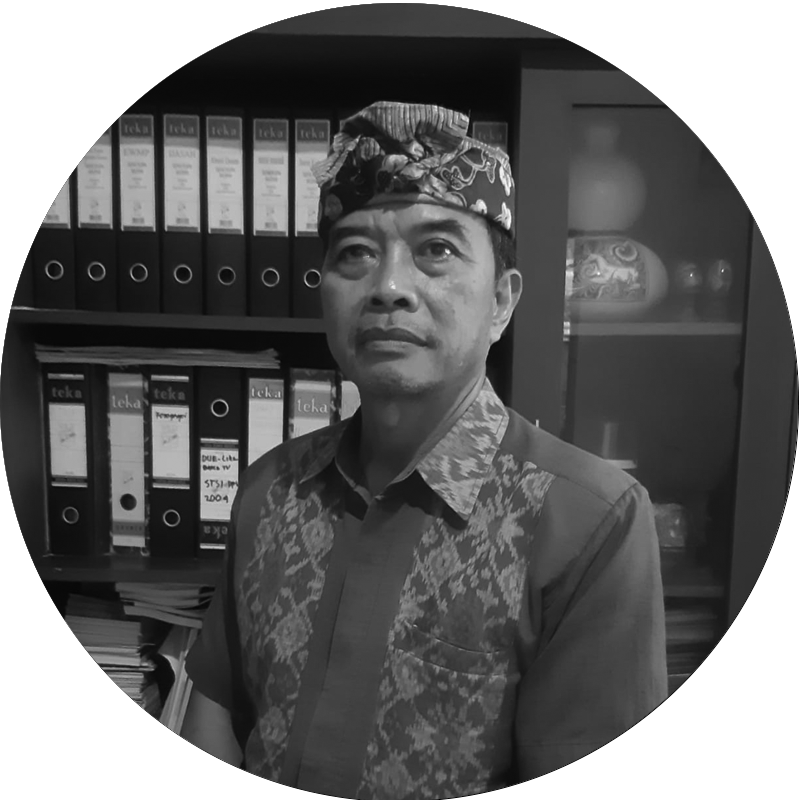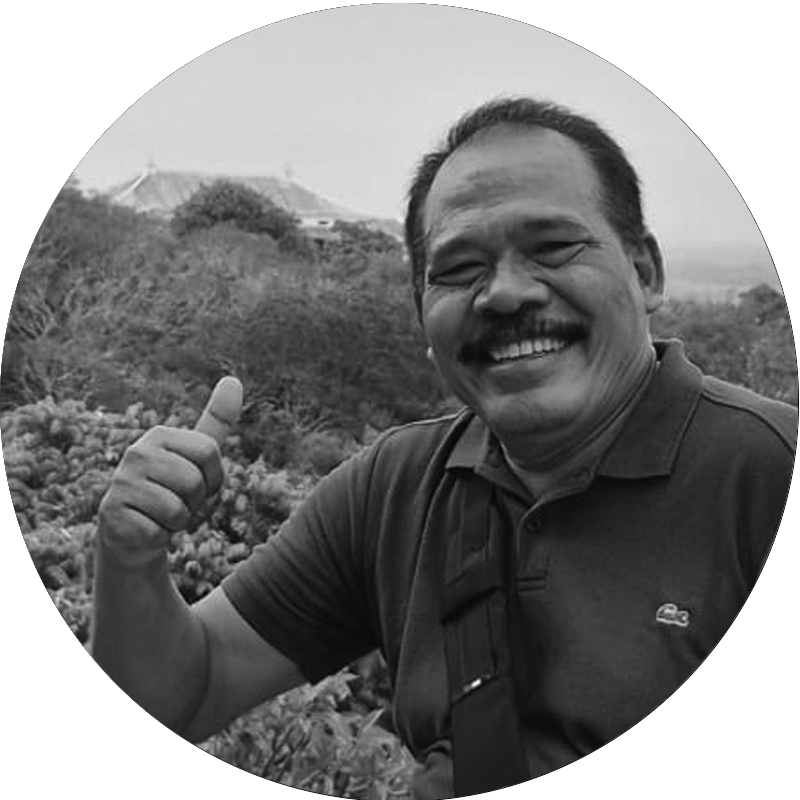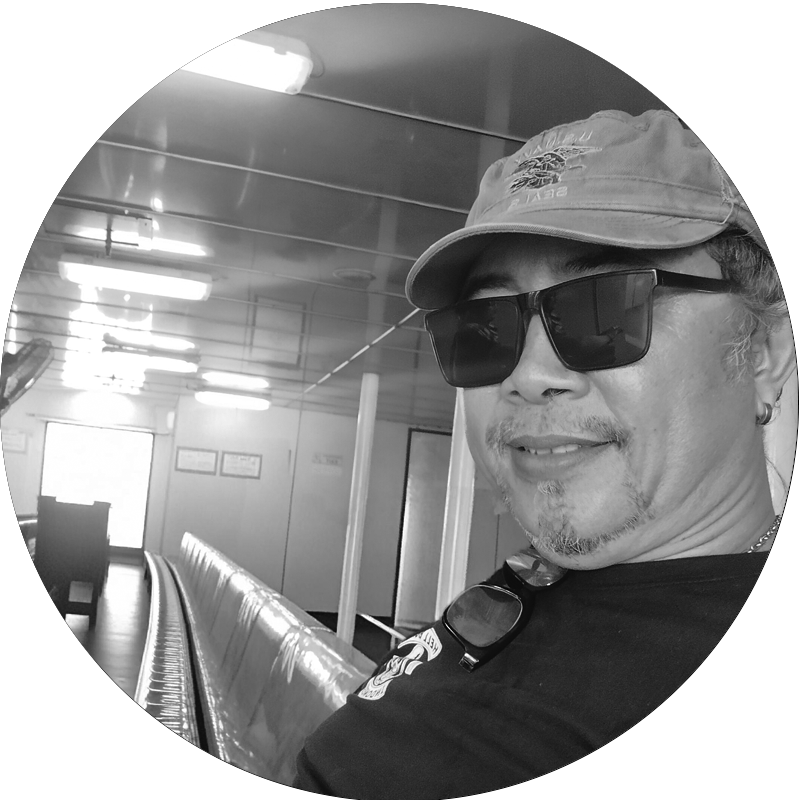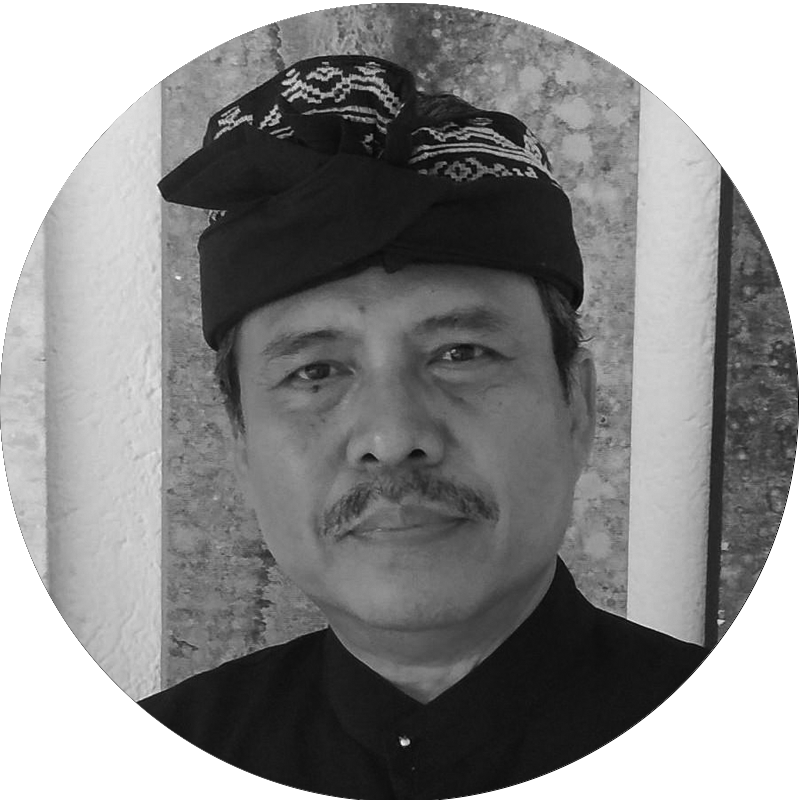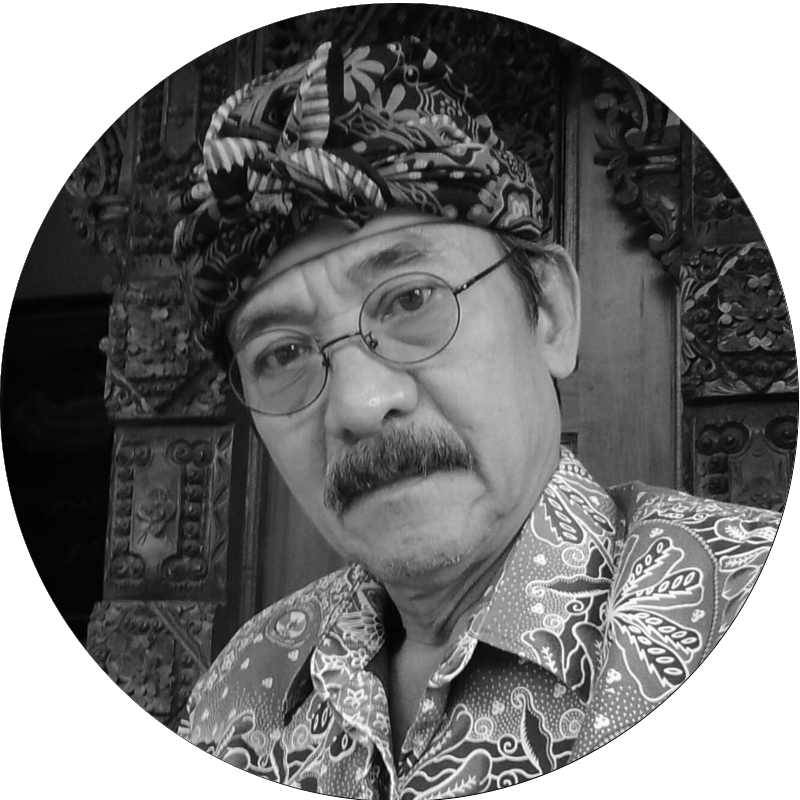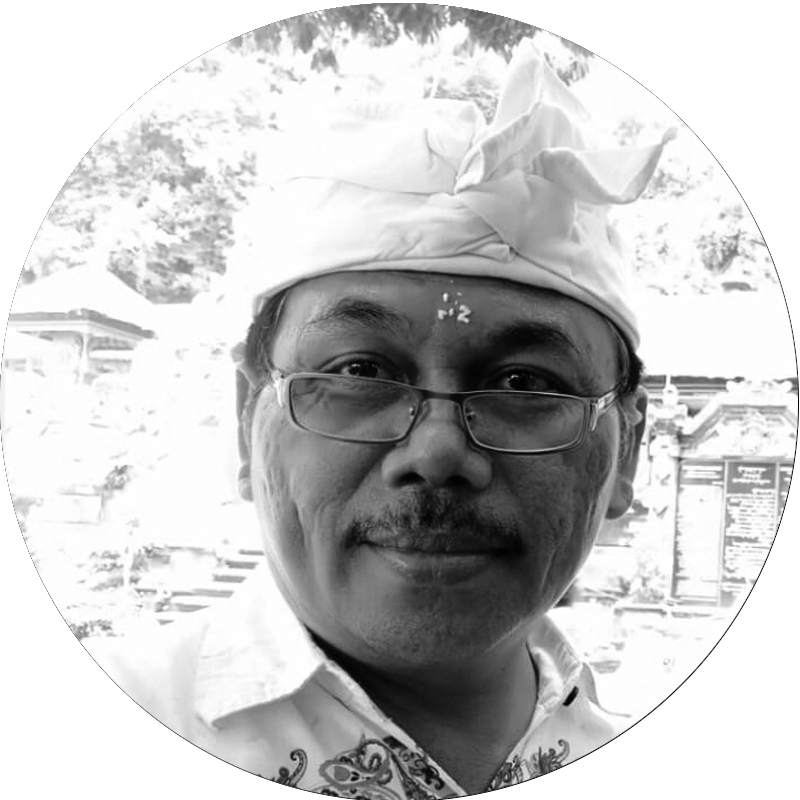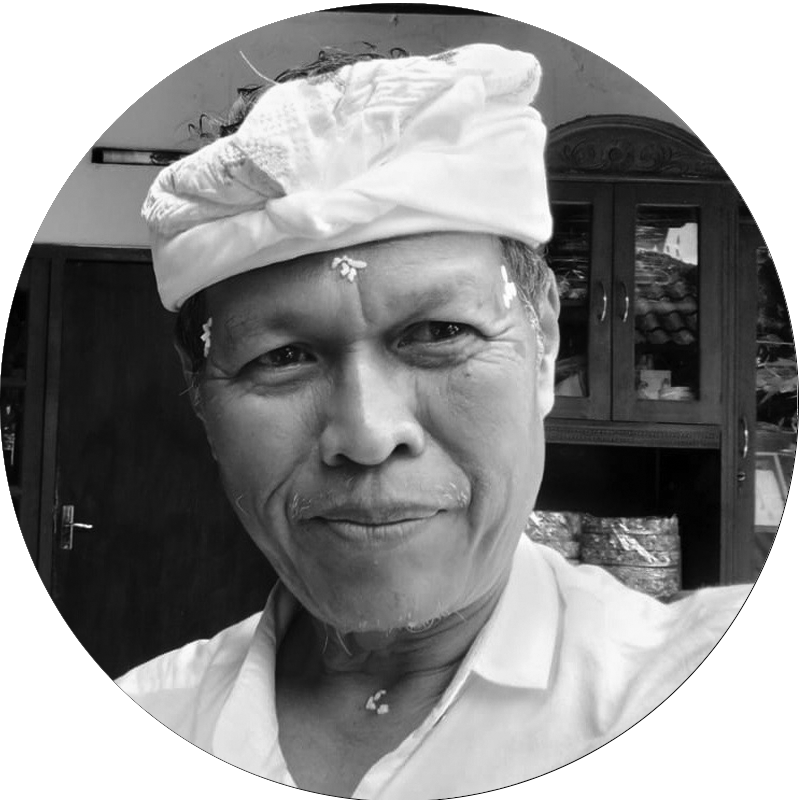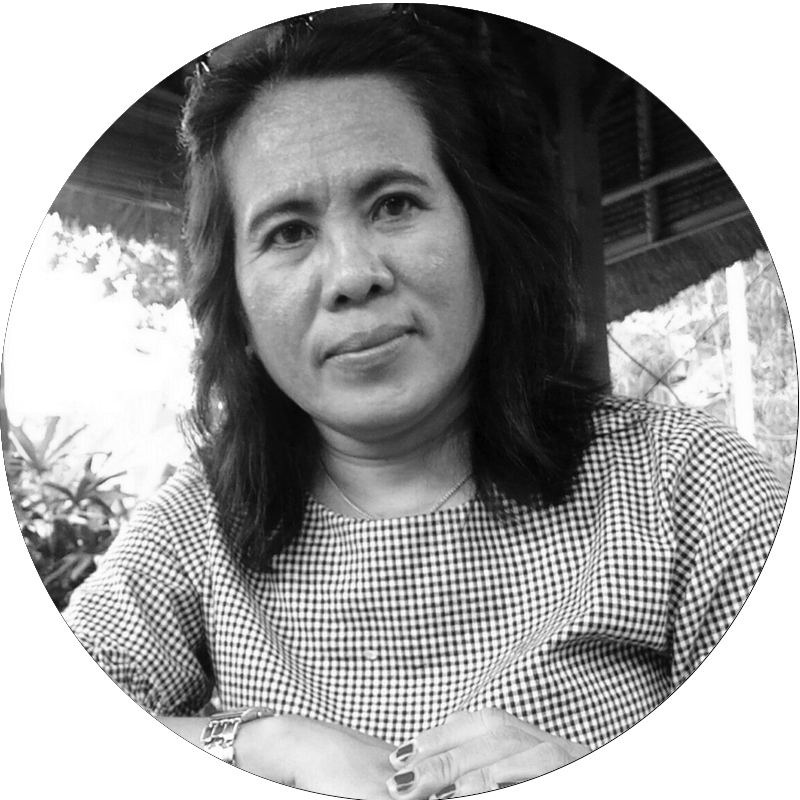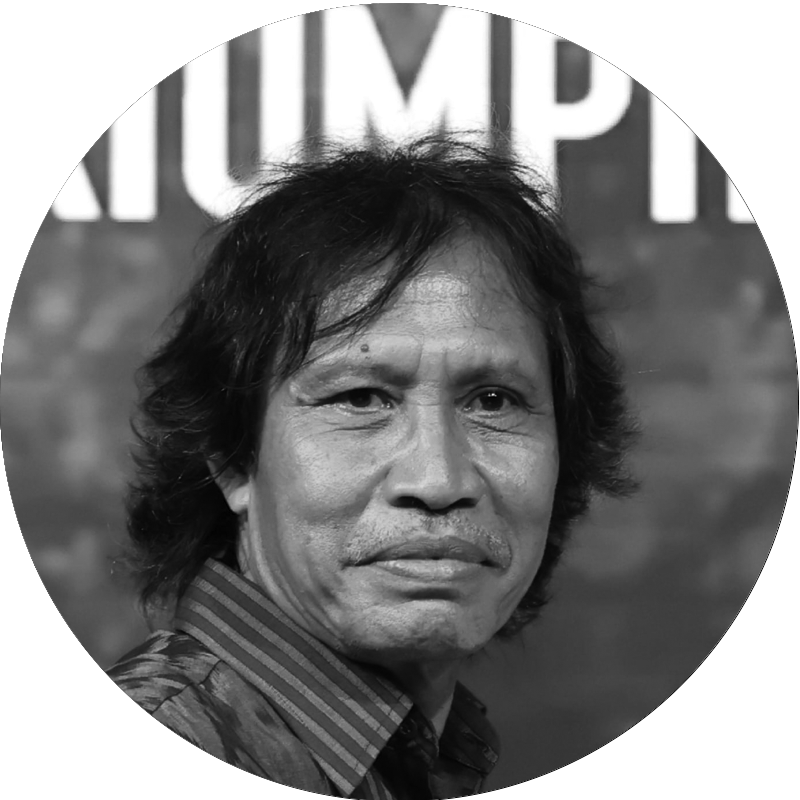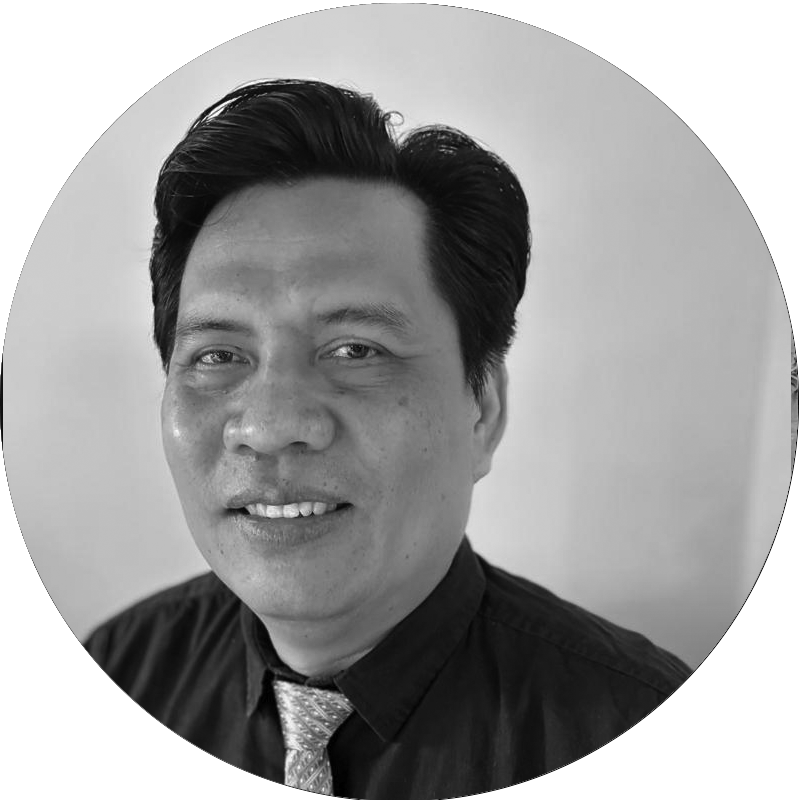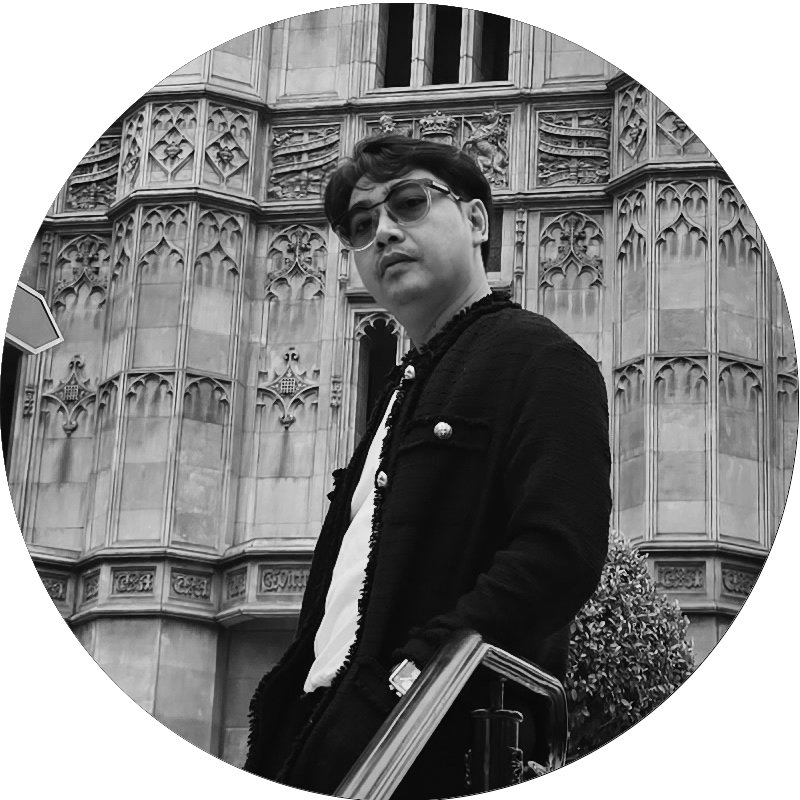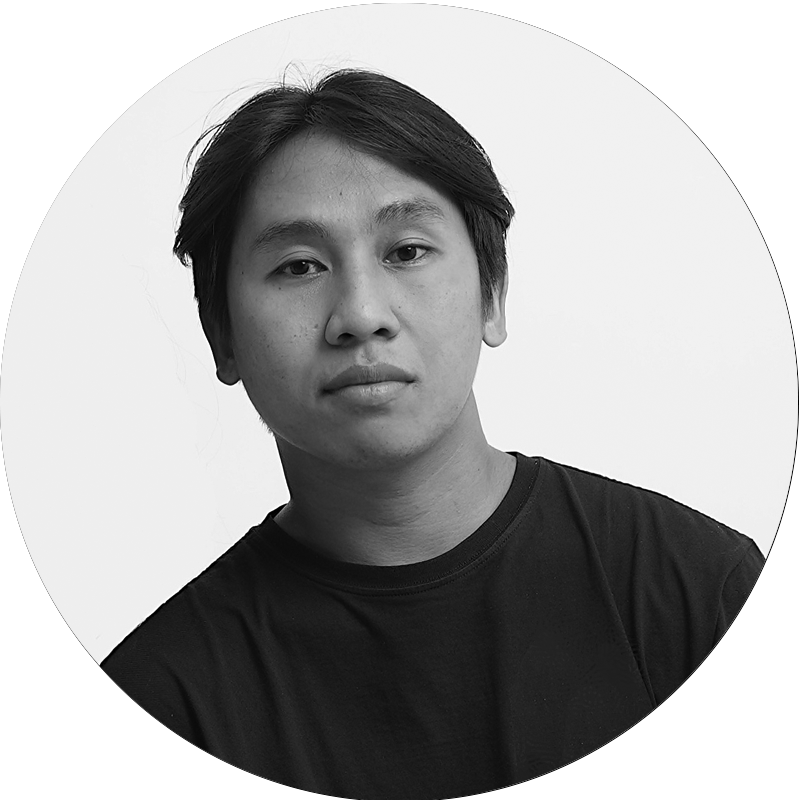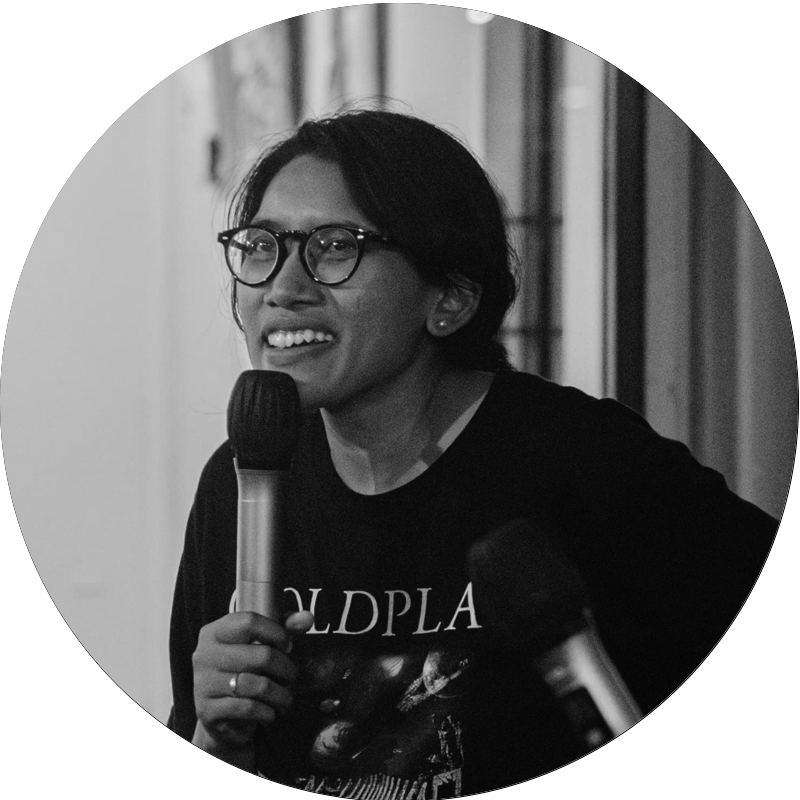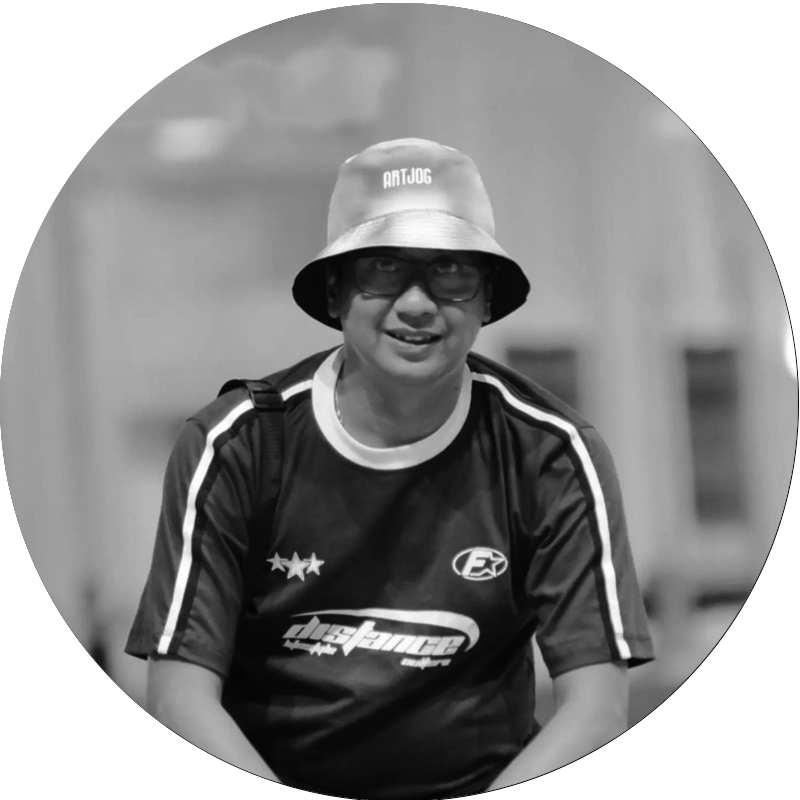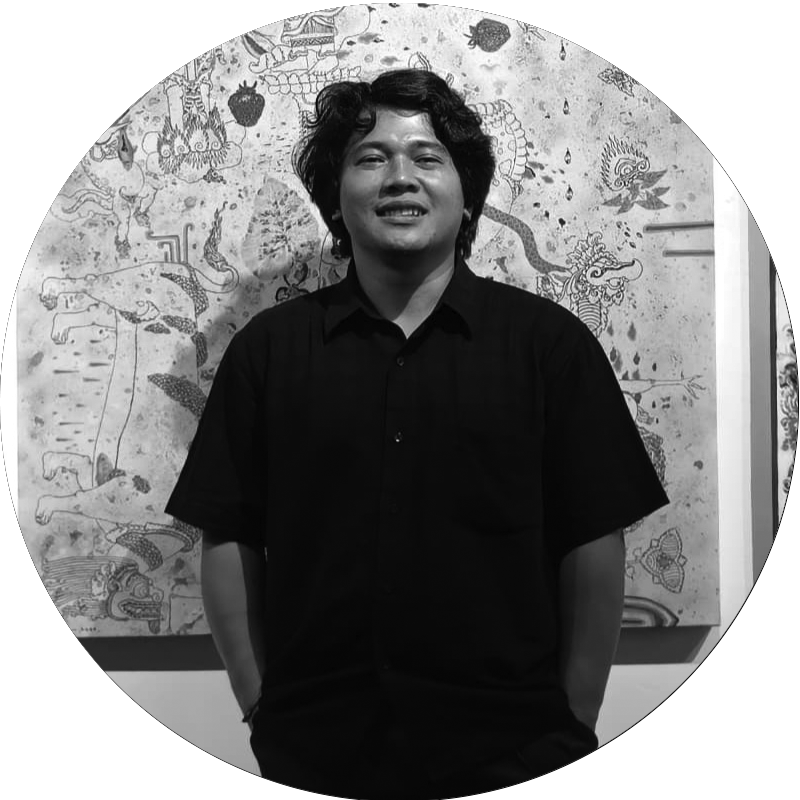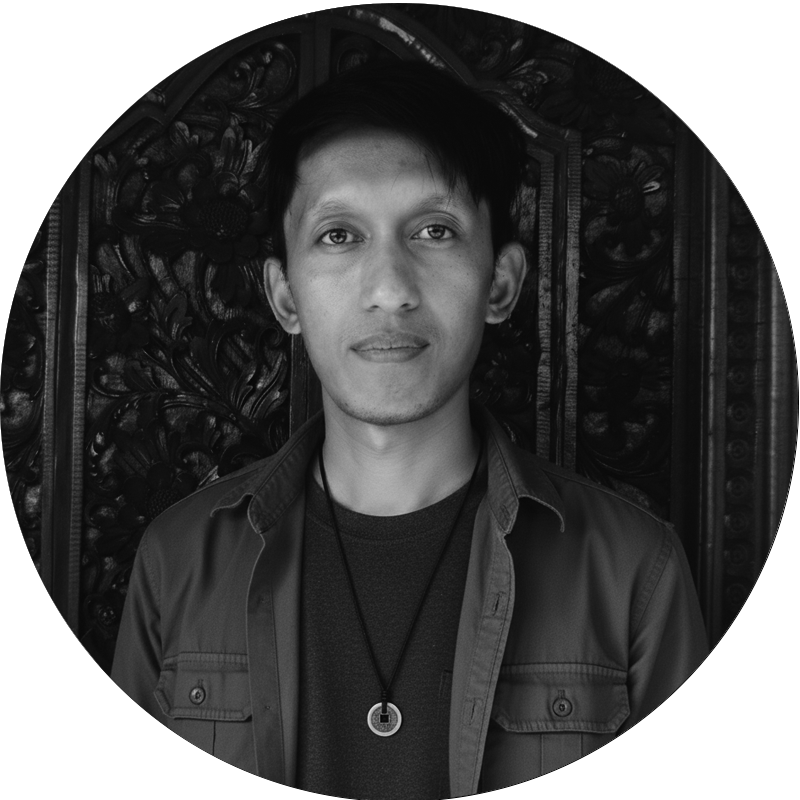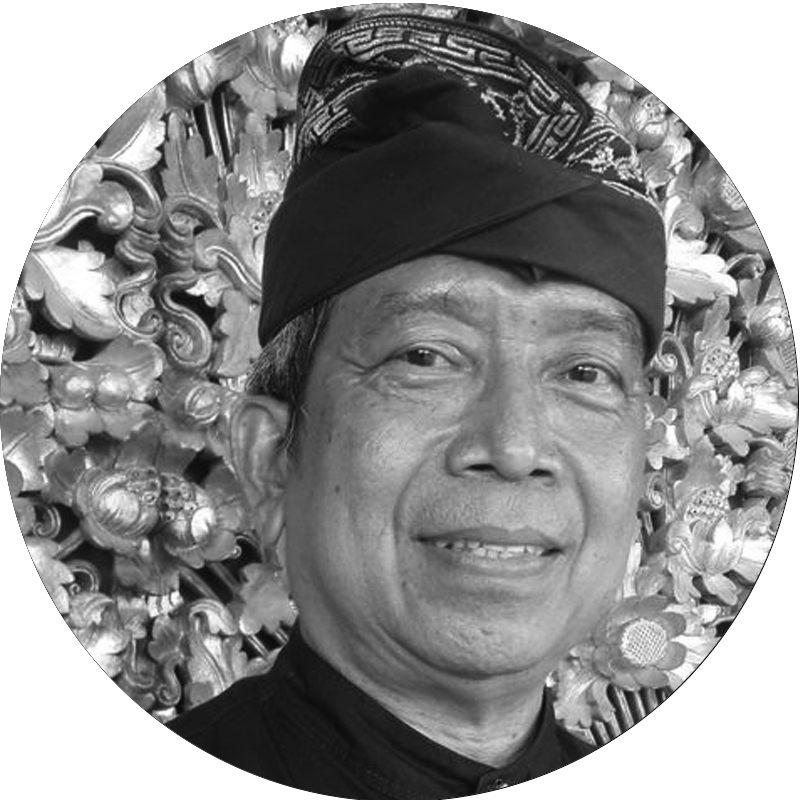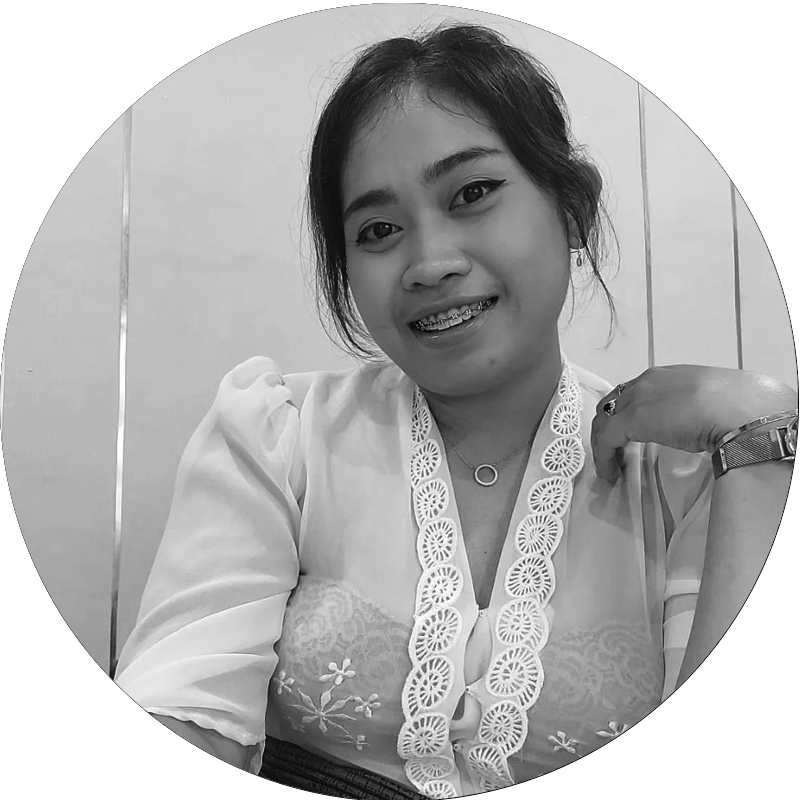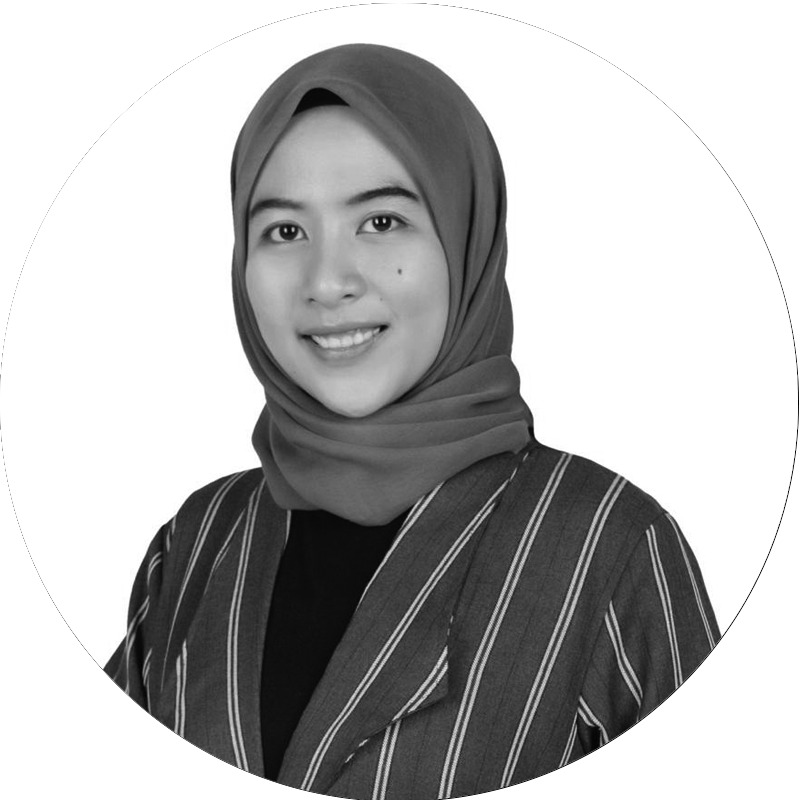Fine Arts
Study Program
description
The Fine Arts Study Program at the Faculty of Fine Arts and Design, ISI Bali, was established to meet the needs of addressing global challenges. It aims to develop graduates who possess knowledge based on the values of local wisdom and are responsive to all socio-cultural changes and developments in science and technology (IPTEKS), enabling them to actively contribute as a center for scholarly research and the creation of fine arts works that align with scientific advancements, technology, and the evolving discourse of global visual arts.
The Fine Arts Study Program at ISI Bali currently holds an Excellent Accreditation from the National Accreditation Board for Higher Education (BAN-PT) and International Accreditation from AQAS (Agentur Für Qualitätssicherung Durch Akkreditierung Von Studiengängen E.V.).
After completing their studies, graduates of the Fine Arts Study Program are awarded the academic degree of Bachelor of Arts (S.Sn).
VISION
Vision of the Fine Arts Program follows the vision of ISI Bali itself, which is: To become a center of excellence in arts and culture based on local wisdom with a universal outlook. Under the umbrella of ISI Bali’s vision as stated above, the Fine Arts Study Program is expected to achieve:
-
Graduates who are proficient, mastering knowledge and skills in visual arts, capable of producing artworks, analyzing artworks, producing scholarly visual arts writings, organizing exhibitions, being independent, and able to ethically, morally, and academically account for their artistic and written works.
-
Producing quality and useful research, by enhancing the ability of lecturers to prepare competitive research proposals to secure research grants that benefit the development of art knowledge and the advancement of the arts and culture sector.
-
Creating creative and adaptive artworks by encouraging lecturers who are creators to continuously engage in creativity based on research, so that the resulting artworks can be responsibly justified both morally and academically.
-
Encouraging lecturers to conduct community service that benefits society, such as mentoring, organizing exhibitions, serving as judges, curators, or resource persons for various art and cultural activities, especially in the field of visual arts.
-
Becoming a center for data and information services related to the scope of visual arts activities, for example about the existence of art and craft centers, galleries, museums, exhibition mechanisms, competition judge criteria, and so on.
MISSION
To realize the achievement of the above Vision, the following Missions must be carried out:
-
Organizing high-quality higher education by developing cultural plurality and multiculturalism of local and archipelagic (Nusantara) cultures to be competitive in the global constellation;
-
Producing graduates who are moral, creative, resilient, excellent, and possess an entrepreneurial spirit;
-
Developing research and community service that support education and the advancement of visual arts, science, and technology;
-
Developing sustainable partnerships with institutions at the local, national, regional, and international levels;
-
Strengthening the organization to achieve optimal performance in anticipating environmental developments.
Organizational Structure
STUDY PROGRAM COORDINATOR
Dr. I Wayan Sujana, S.Sn.,M.Sn.
LABORATORY TECHNICIAN
–
STUDY PROGRAM STAFF
–
LECTURER
Graduate Profile
Fine Art Creator
Able to create fine art works based on research and personal cultural expression, drawing creatively and innovatively from the values of local cultural wisdom. These creations are realized through specific creative methods using selected media and techniques, and are communicated in the form of artworks. This includes working as a fine artist, art and culture educator, tattoo artist, mural artist, art and cultural conservator, new media artist, and entrepreneur.
Fine Art Researcher
Able to describe and analyze phenomena, issues, and developments in fine arts within socio-cultural contexts through scientific writing. This writing is produced through a research process using scientific methods, and is realized and communicated in the form of scholarly work. This also includes working as a curator, art and culture educator, art researcher, art writer, art critic, art consultant, art presenter, and entrepreneur.
LECTURER
Fine Arts Study Program
Activity






Final Assignment Project











